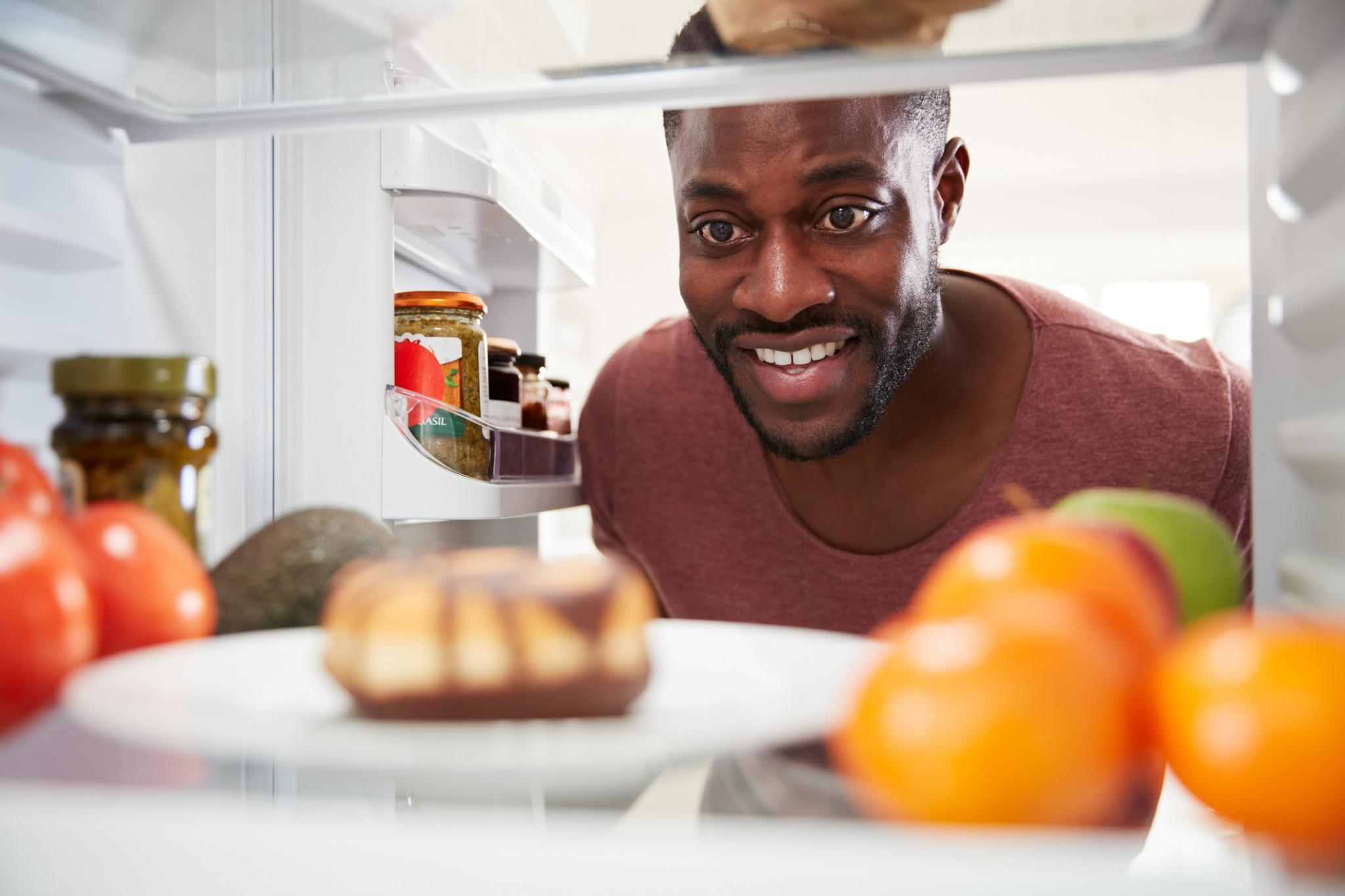From our Friends at BlackDoctor.org
Despite popular belief, refrigerating certain foods can actually change their flavor and intensity (not in a good way). It can even reduce their nutritional quality, or accelerate the spoiling process.
Guess what? The refrigerator is not the go-to storage unit for all your produce.
Below are just some of the foods that do NOT belong in your fridge.
7. Garlic
Refrigeration reduces the flavor of garlic and affects its lifespan as well. The refrigerated environment can actually cause mold to develop. Store garlic in a paper bag in a cool, dark spot.
6. Tomatoes
If you’ve ever grown tomatoes, then you know that they love the heat and hate the cold.
Turns out even after they’re plucked from the vine, they still hold their aversion to cold. The fridge is not the ideal place to store tomatoes.
Store them there and your perfect tomatoes turn into a mealy disappointment. They’ll still be good for cooking, but not the best for eating fresh.
Instead, store them on your counter (not in direct sunlight) and enjoy them when they’re ripe.
5. Melons
I know it’s tempting to just put fruit in the fridge, but you should keep whole melons like watermelon, cantaloupe, and honeydew on the counter for the best flavor.
USDA research found that storage at room temp might even help keep the antioxidants more intact. Once they’re cut,store them in the refrigerator for three to four days.
4. Potatoes
Potatoes like cool, not cold temperatures.
They do best at around 45 degrees F, which is about 10 degrees warmer than the average refrigerator. Most of us don’t have a root cellar (a cool, dark place to store root vegetables like potatoes), so keeping them in a paper bag in a coolish spot (like a pantry) is best. Why paper? It’s more breathable than plastic so potatoes won’t succumb to rot as easily. And why not the fridge? Storing potatoes at cold temperatures converts their starch to sugar more quickly, which can affect the flavor, texture, and the way they cook.
3. Pickles
High on preservatives, pickles will stay fresh outside the fridge. Store it in an open space, so air can move around it.
2. Onions
Onions don’t come out of the ground with that protective papery skin.
To develop and keep that dry outer layer, they need to be “cured” and kept in a dry environment like a pantry, which is not as damp as the refrigerator. Also, lack of air circulation will cause onions to spoil, as will storing them near potatoes, which give off moisture and gas that can cause onions to spoil quickly.
Store onions in a cool, dry, dark, well-ventilated place. (Light can cause the onions to become bitter.) Scallions and chives, however, have a higher water content, bruise more easily, and have a shorter shelf life, so store these alliums in the fridge.
1. Avocados
Avocados don’t start to ripen until after they’re picked from the tree.
If you’re buying a rock-hard avocado, don’t store it in your refrigerator, as it slows the ripening process. On the other hand, if you have a perfectly ripe avocado that you’re not ready to use, storing it in the refrigerator may work to your advantage by prolonging your window of opportunity to use it before it becomes overripe.
So the bottom line on storing avocados is to store hard, unripe avocados on your counter and store ripe avocados in your refrigerator if you’re not going to eat them right away.

